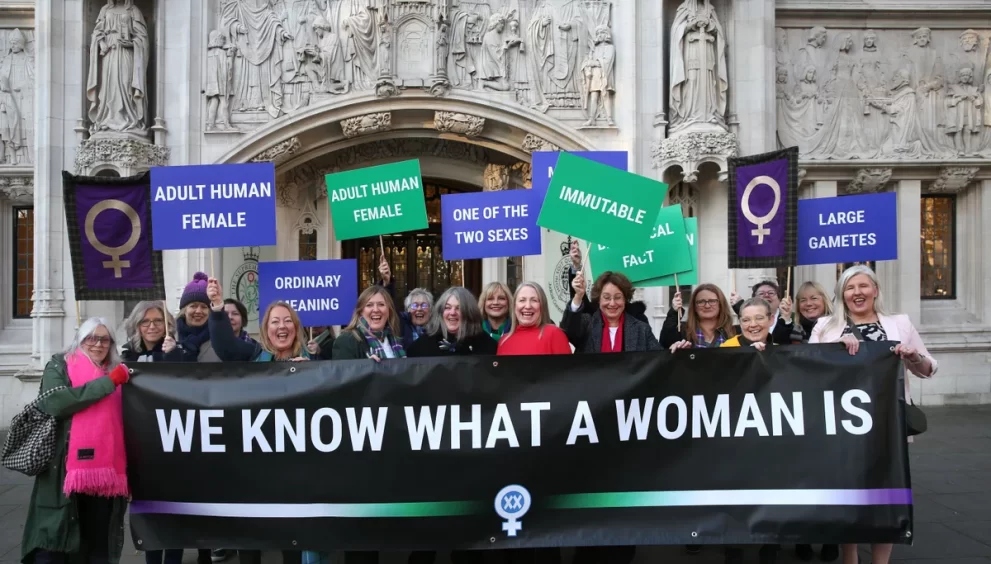The UK’s Supreme Court has ruled that the term “woman” in the Equality Act 2010 refers specifically to biological sex, not gender identity. The decision, which has sparked strong responses on both sides, was welcomed by some as a legal clarification but criticized by others as a step back for transgender inclusion.
The case centered on whether a trans woman who holds a Gender Recognition Certificate (GRC)—a legal document acknowledging a change of gender—is considered a woman under equality law. While supporters of transgender rights argued that excluding trans women could lead to discrimination, particularly in employment and access to services, others expressed concern that including them might compromise women-only spaces such as shelters, hospital wards, and sports teams.
Deputy President of the Court, Lord Hodge, stated the unanimous conclusion that “woman” and “sex” in the Equality Act refer to biological characteristics. However, he emphasized that the ruling should not be seen as favoring one group over another.
The issue arose from a legal challenge by campaign group For Women Scotland (FWS), opposing Scottish government guidance related to a 2018 law that aimed to improve female representation on public boards. The guidance treated trans women with GRCs as legally female. After losing the case in lower courts, FWS appealed to the Supreme Court, which overturned the earlier rulings.
Susan Smith, co-director of FWS, said the judgment confirmed that women-only spaces and services are meant for those born female, and she welcomed the clarity it brings.
The UK government also expressed support for the decision, saying it reinforces protections for single-sex services and helps organizations apply the law more clearly.
Despite the ruling, the court noted that trans people remain protected under the Equality Act from unfair treatment or harassment, regardless of their legal gender status.
The judgment received praise from public figures who have voiced concerns about how gender identity interacts with sex-based rights.



